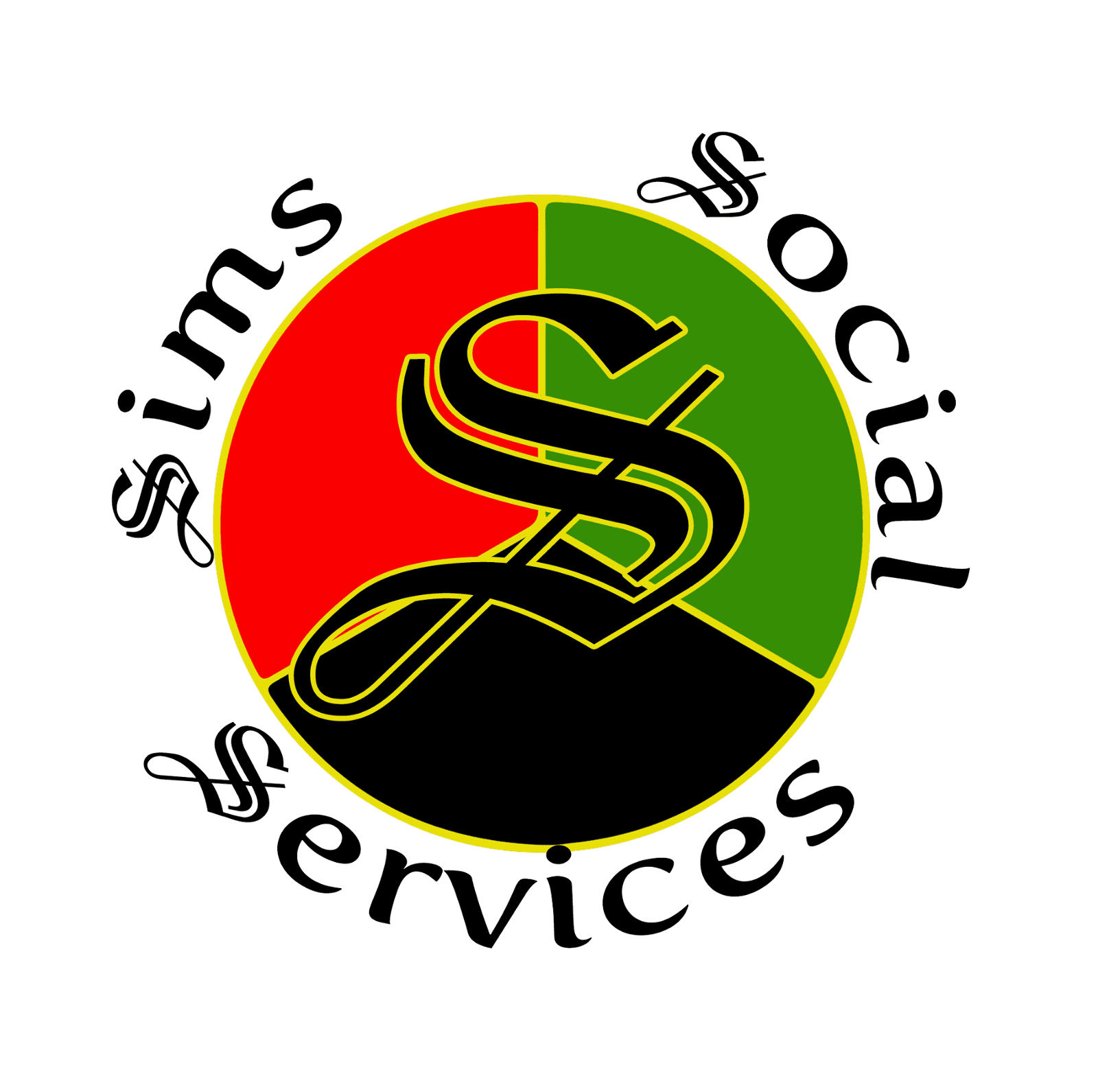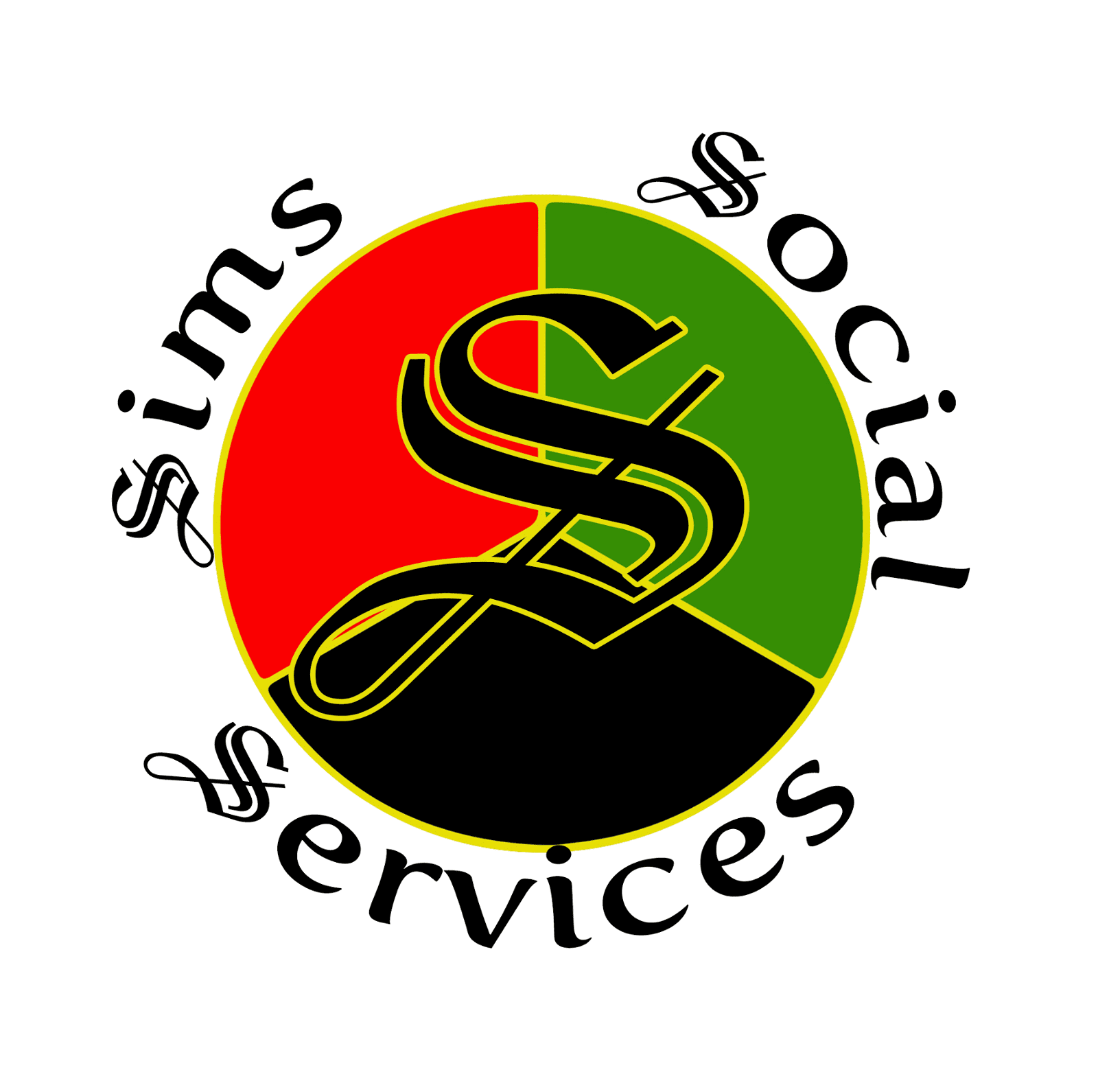What is DBT?
DBT is a form of cognitive-behavioral therapy that blends traditional methods for emotion regulation and reality-testing with mindfulness and acceptance strategies. The therapy emphasizes helping individuals build coping skills, improve emotional control, and navigate interpersonal relationships. It is particularly effective for people experiencing difficulties in managing their emotions or engaging in self-destructive behaviors, including those with substance use disorders.
Who Can Benefit from DBT?
DBT is beneficial for individuals dealing with:
- Borderline Personality Disorder (BPD)
- Substance Use Disorders (including Alcohol, Opiate, and Other Drugs)
- Self-harm behaviors
- Chronic suicidal thoughts or behaviors
- Eating disorders
- Post-Traumatic Stress Disorder (PTSD)
- Mood disorders (including depression and anxiety)
- Anger management issues
- Difficulty managing interpersonal relationships
DBT for Adults
Our DBT group for adults provides a supportive environment for learning and practicing the following core skills:
- Mindfulness: Focusing on the present moment to improve awareness and emotional clarity.
- Distress Tolerance: Learning to cope with painful emotions and situations without resorting to harmful behaviors.
- Emotion Regulation: Understanding and managing overwhelming emotions in healthier ways.
- Interpersonal Effectiveness: Enhancing communication skills and developing healthier relationships.
For adults with substance use disorders or opiate use disorder, our DBT approach will integrate strategies to manage cravings, avoid relapse, and build resilience in the face of triggers or high-risk situations.
DBT for Adolescents
Our adolescent DBT program is specially designed to meet the unique developmental needs of teens. We focus on:
- Self-awareness and emotional regulation
- Healthy coping strategies for managing stress, peer pressure, and family conflicts
- Building positive, supportive relationships
- Managing impulsivity and emotional distress
Adolescents dealing with substance use or opiate use disorder will be supported with DBT skills tailored to address addiction, urges, and behavioral patterns associated with substance abuse.
Program Structure
Our DBT program offers a structured and comprehensive treatment plan designed to provide the support necessary for real, lasting change:
Weekly Group Sessions: Each group session lasts 2 hours, focusing on teaching DBT skills in a supportive, collaborative environment. Topics include mindfulness, distress tolerance, emotion regulation, and interpersonal effectiveness.
Weekly Individual Therapy: Each participant receives a 1-hour individual therapy session to personalize their treatment, address specific challenges, and work on individualized goals with a dedicated therapist.
Phone Coaching: For added support, participants have access to phone coaching to help apply DBT skills in real-time, particularly during high-stress situations or crises.
Therapist Consultation Team: Our DBT therapists meet regularly to ensure consistency and the highest quality of care for each participant.
Criteria for DBT Treatment
DBT is particularly effective for individuals who meet the following criteria:
Severe Emotional Dysregulation: Individuals who struggle with intense, often overwhelming emotions, which may lead to impulsive behaviors such as self-harm or suicidal thoughts.
Substance Use or Opiate Use Disorder: Individuals with chronic substance use issues, including opiate use disorder, who are seeking treatment to manage cravings, prevent relapse, and develop healthier coping mechanisms.
Chronic Mental Health Disorders: Those with long-standing conditions like Borderline Personality Disorder (BPD), depression, PTSD, or eating disorders.
Desire for Change: Individuals who are motivated to work on their mental health, acquire new coping skills, and improve their overall quality of life.
History of Self-Harming or Suicidal Behaviors: Those who have a history of self-harm or chronic suicidal ideation and need help stabilizing emotions and improving coping strategies.
Commitment to Therapy: A strong commitment to attending both group and individual sessions, practicing DBT skills outside of therapy, and participating fully in the process.
Why Choose Our DBT Program?
Experienced DBT Therapists: Our team consists of highly trained DBT therapists with experience working with both adults and adolescents dealing with a variety of issues, including substance use and opiate use disorders.
Comprehensive Treatment: Our program combines group therapy, individual sessions, and phone coaching to provide a holistic approach to healing and recovery.
Evidence-Based: DBT has been shown to be effective in treating a range of emotional and behavioral disorders, especially for individuals dealing with substance use disorders, emotional dysregulation, and interpersonal challenges.
Structured and Flexible: Our program is structured to ensure consistent progress while offering flexibility to meet your scheduling needs.
Get Started Today
If you or a loved one is struggling with emotional distress, substance use, or opiate use disorder, DBT can help. Our team is here to support you every step of the way.
Contact us today to schedule a consultation and find out if DBT is right for you.

